Empowering Solutions
Research for Impact: Open-Source Waste Solutions
Where Curiosity Meets Practical Change – Supporting Next-Gen Waste Innovation
Where Curiosity Meets Practical Change – Supporting Next-Gen Waste Innovation
At OP GrassRoots, we fuel research that bridges lab insights and grassroots reality. We fund, facilitate, and amplify open-source waste-tech innovation – not to endorse products, but to accelerate planetary solutions.
Our Ethos:
🧪 All findings/machine designs are publicly accessible
🤝 Researchers retain full intellectual ownership
⚠️ We never accept commissions or endorse commercial entities
Why Share Unendorsed Tech?
True progress thrives on collaboration, not competition. By openly sharing:
🌍 Researchers build on each other’s work
🛠️ Communities adapt tools to local needs
💡 Manufacturers improve designs without IP barriers
We profit only in impact – never in Money.
Low-Cost Plastic Compactor (TRL 7)
Lead Researcher: Dr. Ananya Sharma, IIT Mumbai Problem Solved: Reducing transport costs for rural plastic waste Key Innovation: "Modified hydraulic system using recycled motorcycle parts → 40% cost reduction vs. industrial compactors." Impact Metric: "Deployed in 3 villages; processes 50kg/hour into construction blocks." Access: [📊 Download Technical Specs] | [▶️ Watch Field Test]

AI-Powered Segregator "RecyBot"
Lead Researcher: Aditya Patel, MIT Manipal Problem Solved: Sorting multi-layer packaging (chips/biscuit wrappers) Key Innovation: "Computer vision + low-cost sensors → 92% accuracy under ₹15,000 build cost." Impact Metric: "Open-source code adopted by 17 university labs globally." Access: [💻 GitHub Repository] | [📝 Research Paper]
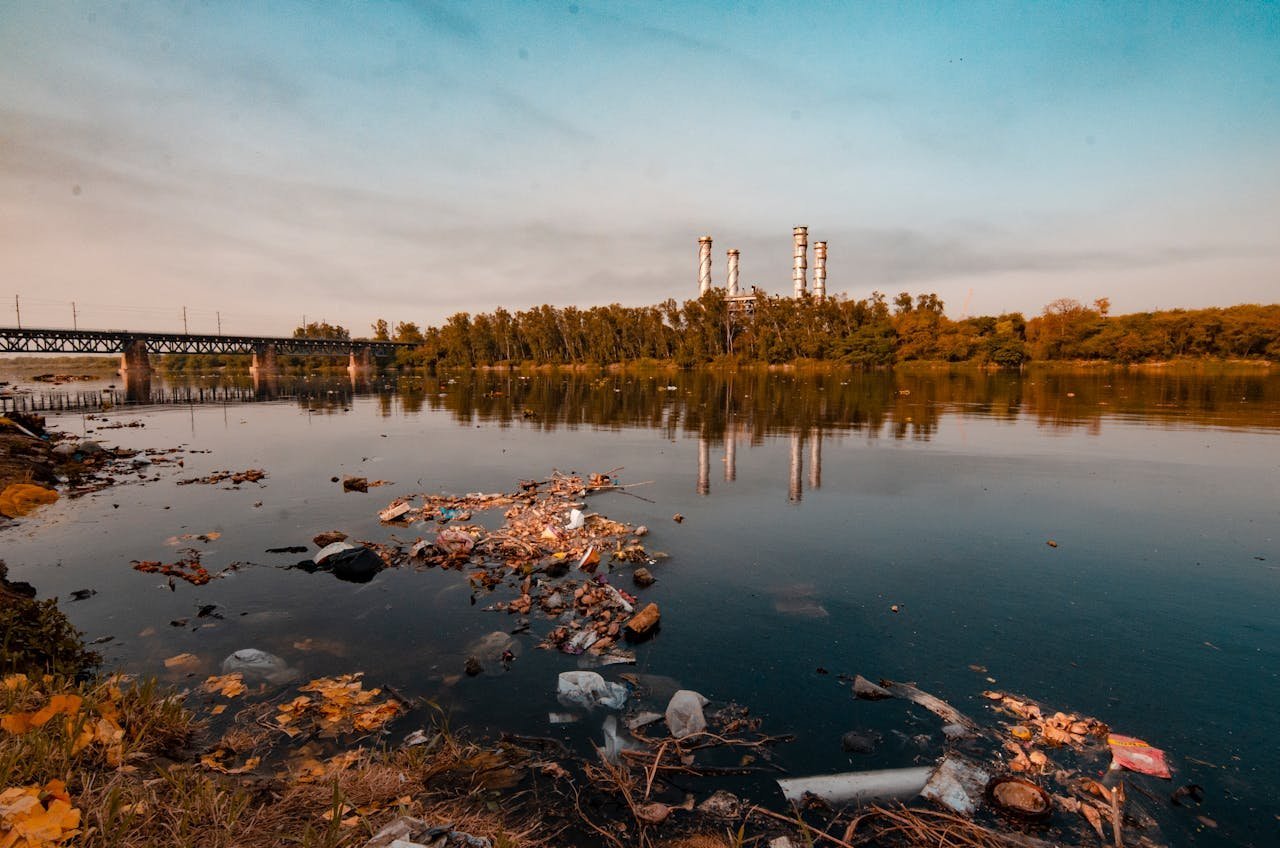
olar-Powered Micro-Recycler "Surya" (TRL 6)
Lead Researcher: Prof. Rajiv Menon, NIT Karnataka Problem Solved: Off-grid plastic recycling in energy-scarce regions Key Innovation: "Integrated solar thermal unit melts LDPE/PP plastic without grid power → 80% lower energy cost vs conventional recyclers." Impact Metric: "Piloted in 5 tribal villages; creates roofing tiles from 30kg/day plastic waste." Access: [📊 Energy Efficiency Report] | [▶️ Tribal Village Demo]
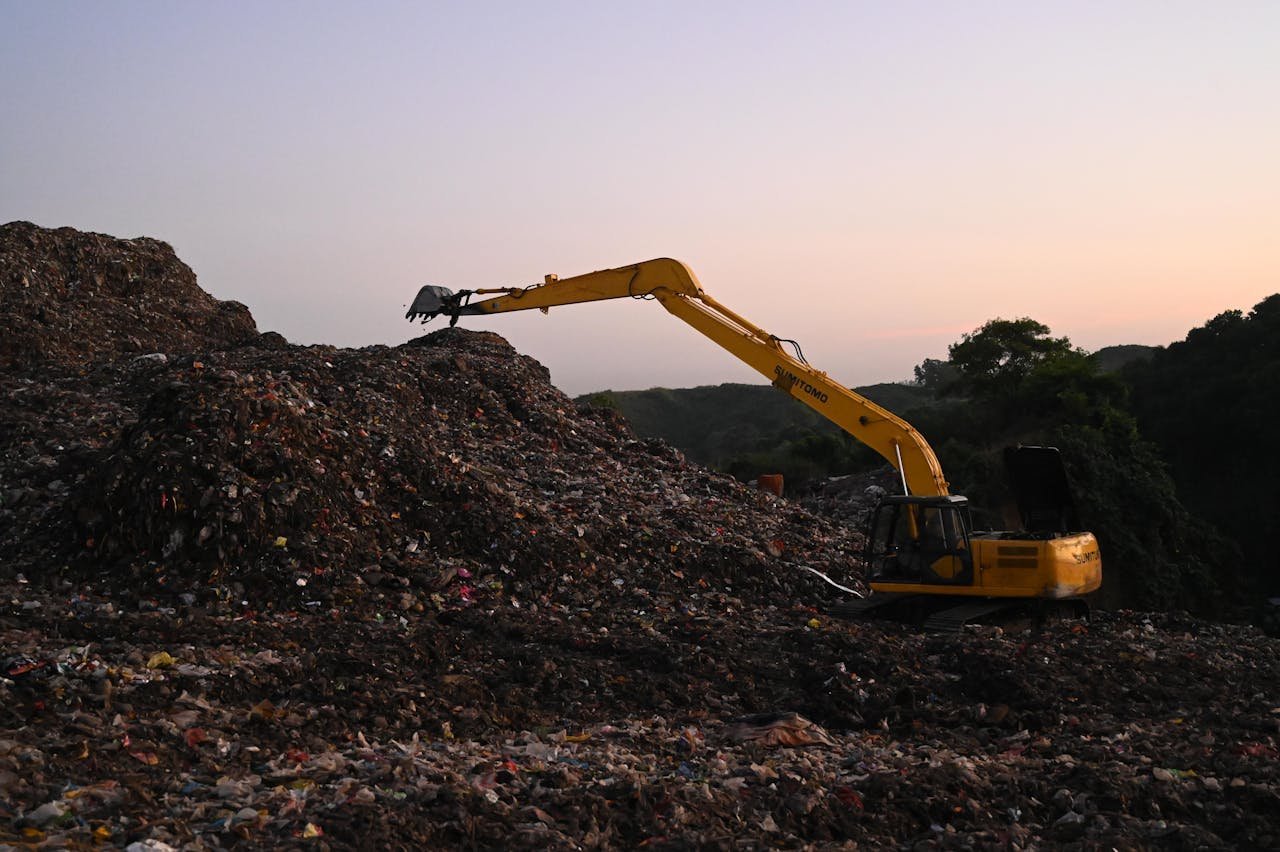
Smart Composting Unit "Harit" (TRL 8)
Lead Researcher: Dr. Priya Desai, TERI University Problem Solved: Accelerating urban organic waste processing Key Innovation: "IoT sensors + microbial cocktail → Composting time reduced from 90 to 15 days with 90% pathogen elimination." Impact Metric: "Adopted by 12 apartment complexes; processes 2 tonnes/month organic waste." Access: [💻 Sensor Code Repository] | [📝 Bio-Culture Formula]
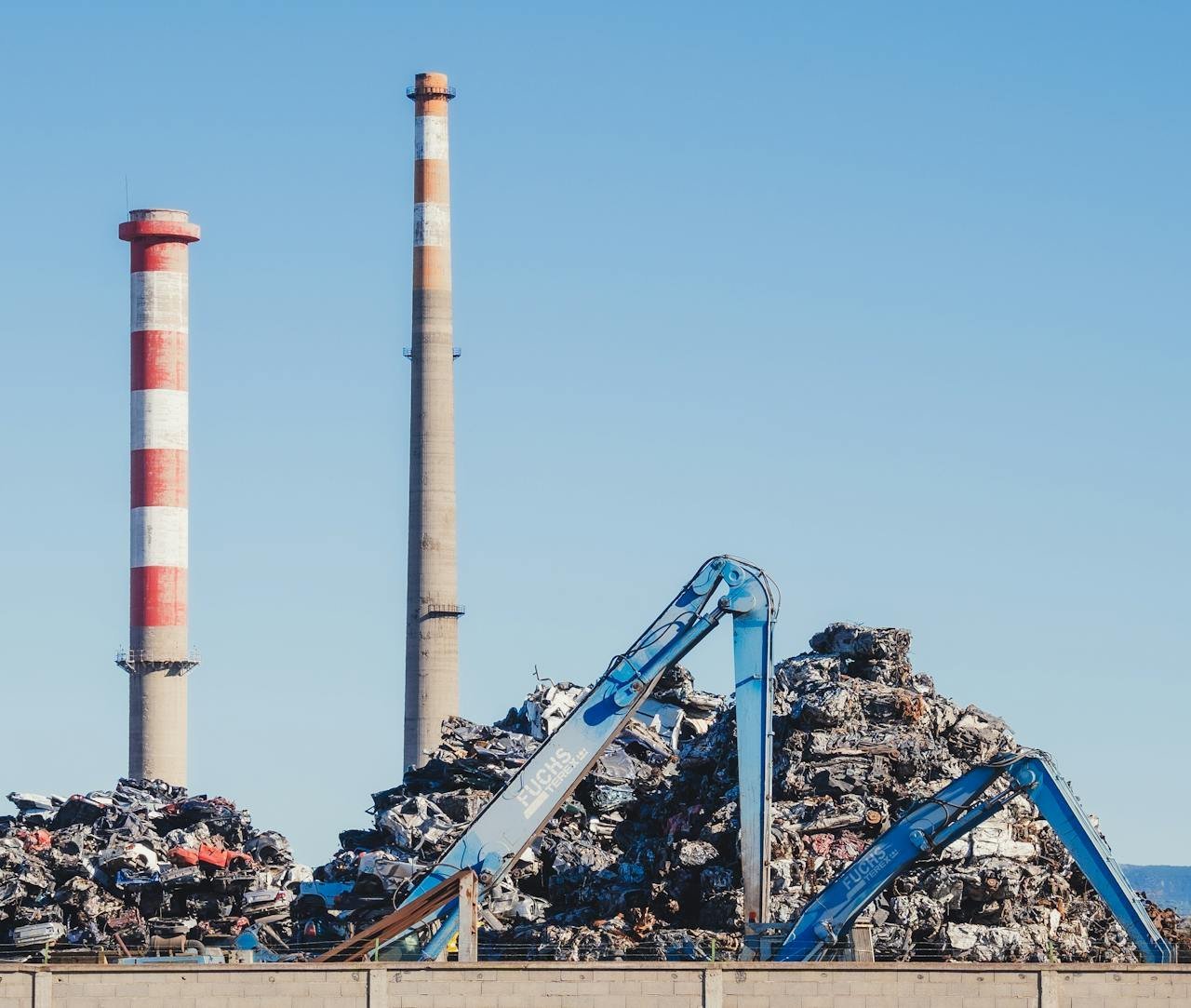
Multi-Waste Shredder "Vishwakarma" (TRL 7)
Lead Researcher: Eng. Arjun Reddy, BITS Pilani Problem Solved: Handling mixed municipal waste without pre-sorting Key Innovation: "Adaptive blade system + torque control → Processes organic, plastic, textile waste in single stream (reduces jams by 70%)." Impact Metric: "Deployed at 8 municipality transfer stations; throughput: 200kg/hour." Access: [📊 Mechanical Schematics] | [▶️ Stress Test Video]
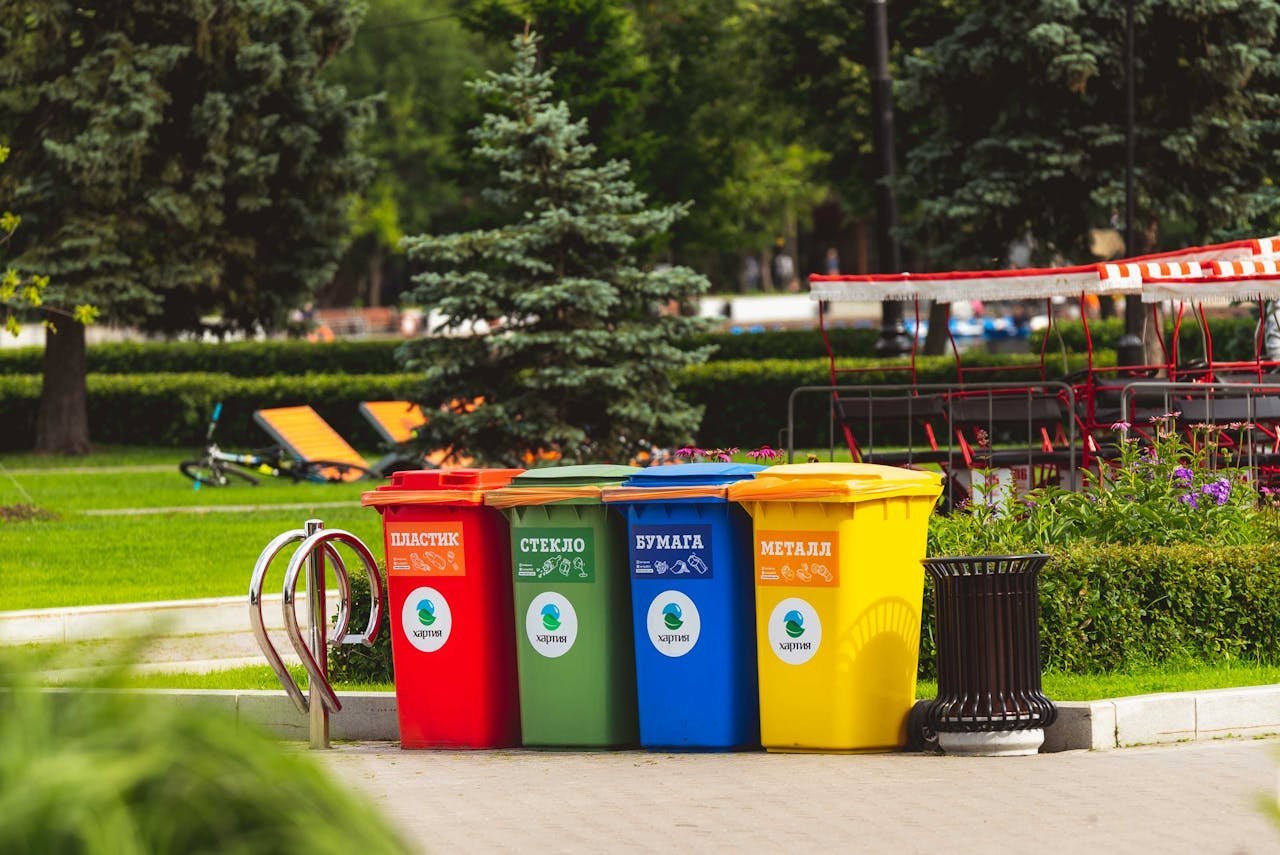
Nano-Filter "Swachh" (TRL 4)
Lead Researcher: Dr. Meera Krishnan, IISc Bangalore Problem Solved: Removing microplastics from wastewater Key Innovation: "Biomimetic membrane with cactus mucilage → Captures 95% of particles <5μm at 1/10th cost of industrial filters." Impact Metric: "Prototype tested at 3 sewage plants; processes 10,000L/day." Access: [📝 Journal Paper] | [🔬 Lab Test Data] Key
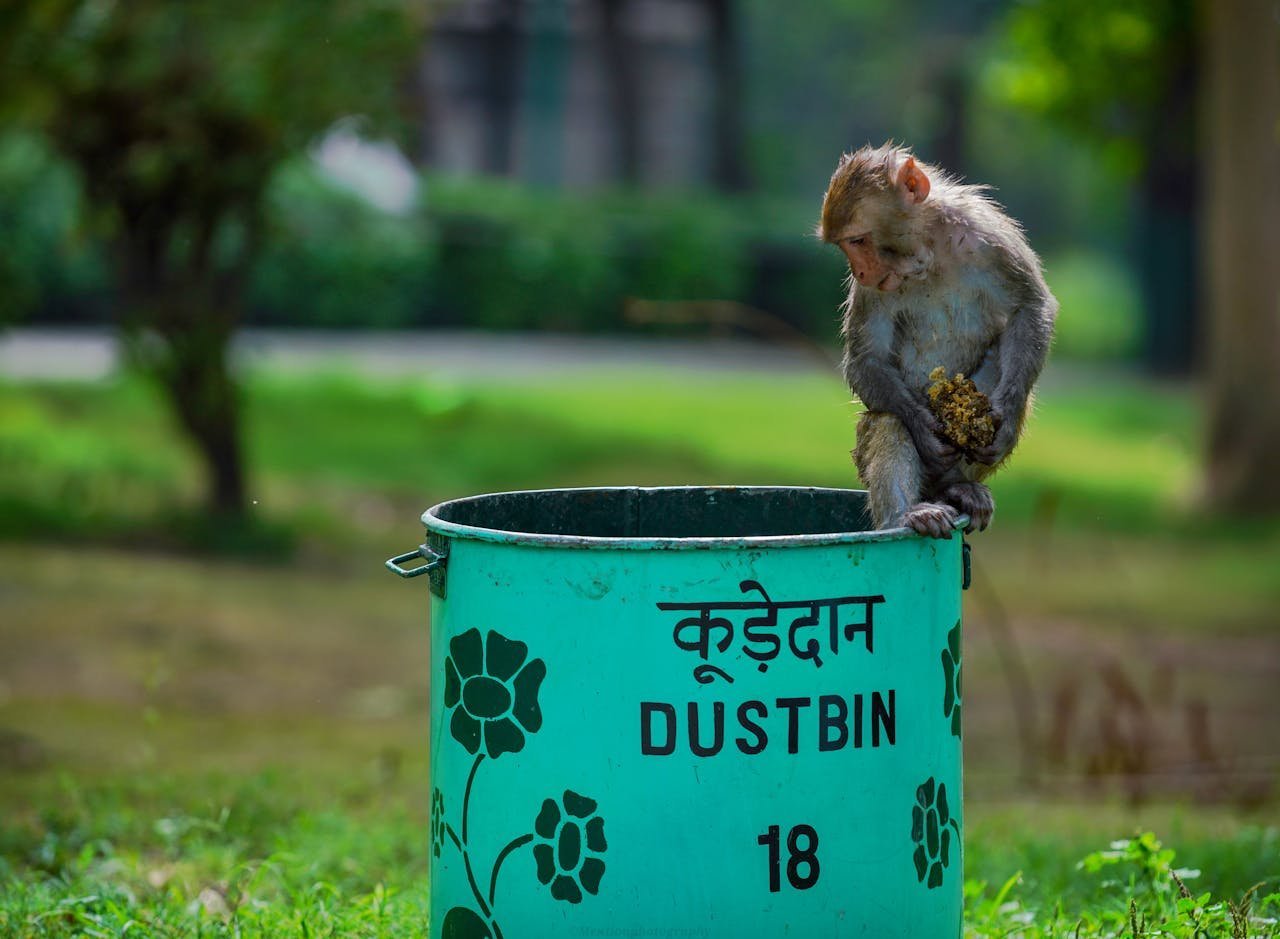
For Universities:
“Propose a waste-tech project. We provide:
Seed grants up to ₹5 lakh
Field testing sites
Industry mentor network”
➔ Submit Research Proposal
For Corporates:
“Fund a specific machine’s scalability phase. Benefits:
ESG-compliant R&D investment
Brand association with open-source impact”
➔ Explore R&D Partnerships
Ethical Transparency Note
⚠️ Critical Disclaimer: Machines featured here are research prototypes – not commercial products. OP GrassRoots: Has no financial ties to manufacturers Does not guarantee performance Encourages independent verification Our role: Connecting innovators with changemakers. Period."
Can I buy these machines from you
No. We provide designs, not products. Contact researchers directly via access links.
What if a machine fails in the field?
Report issues via our portal → We’ll alert researchers. Failure is part of the learning loop!
How are researchers selected?
Through blind reviews by our Science Advisory Board [link to board members].
